When it comes to cleaning the outside of homes, driveways, decks and commercial buildings, power washing and pressure washing are two popular methods. While these terms are often used interchangeably, they have different meanings that impact how well they work for different outdoor cleaning jobs. Knowing the difference can help homeowners and business owners make the right choice for their project.
Both use a high pressure stream of water to remove dirt, grime, mold and other debris from many types of surfaces. But the key difference is the temperature of the water and the type of surface they are best for. Power washing uses heated water which makes it much more effective. Pressure washing only uses cold water.
Power Washing vs. Pressure Washing: The Differences
Definition and Basic Process
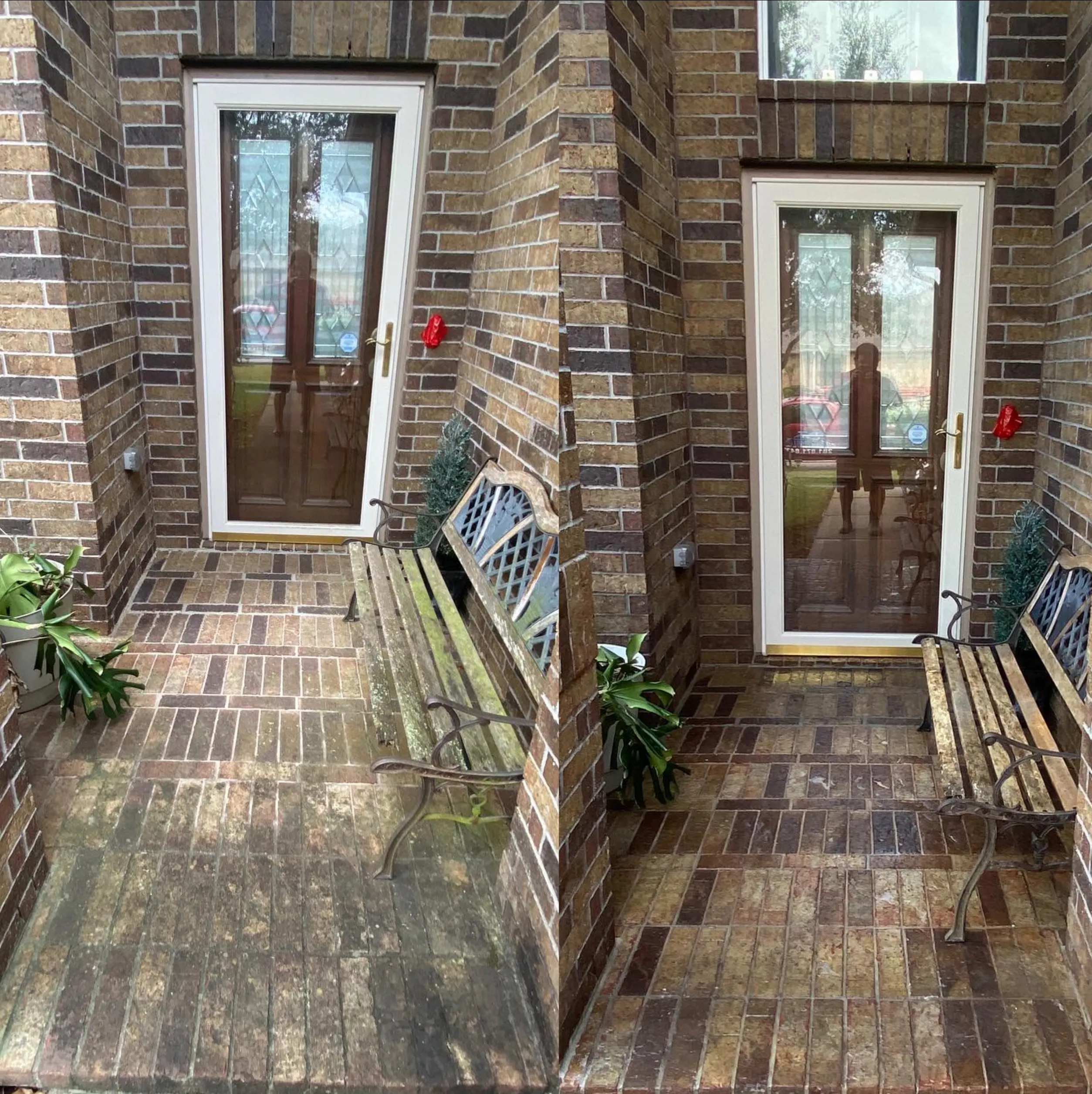
- Power Washing: Heated water and high pressure water to remove dirt, grime, mold, mildew and tough stains from concrete surfaces, industrial equipment and farm equipment. This is for heavy duty cleaning.
- Pressure Washing: High pressure water only, no heat, to clean softer surfaces that don’t need heat. This is safer for delicate surfaces like wooden decks and patio furniture.
Water Temperature
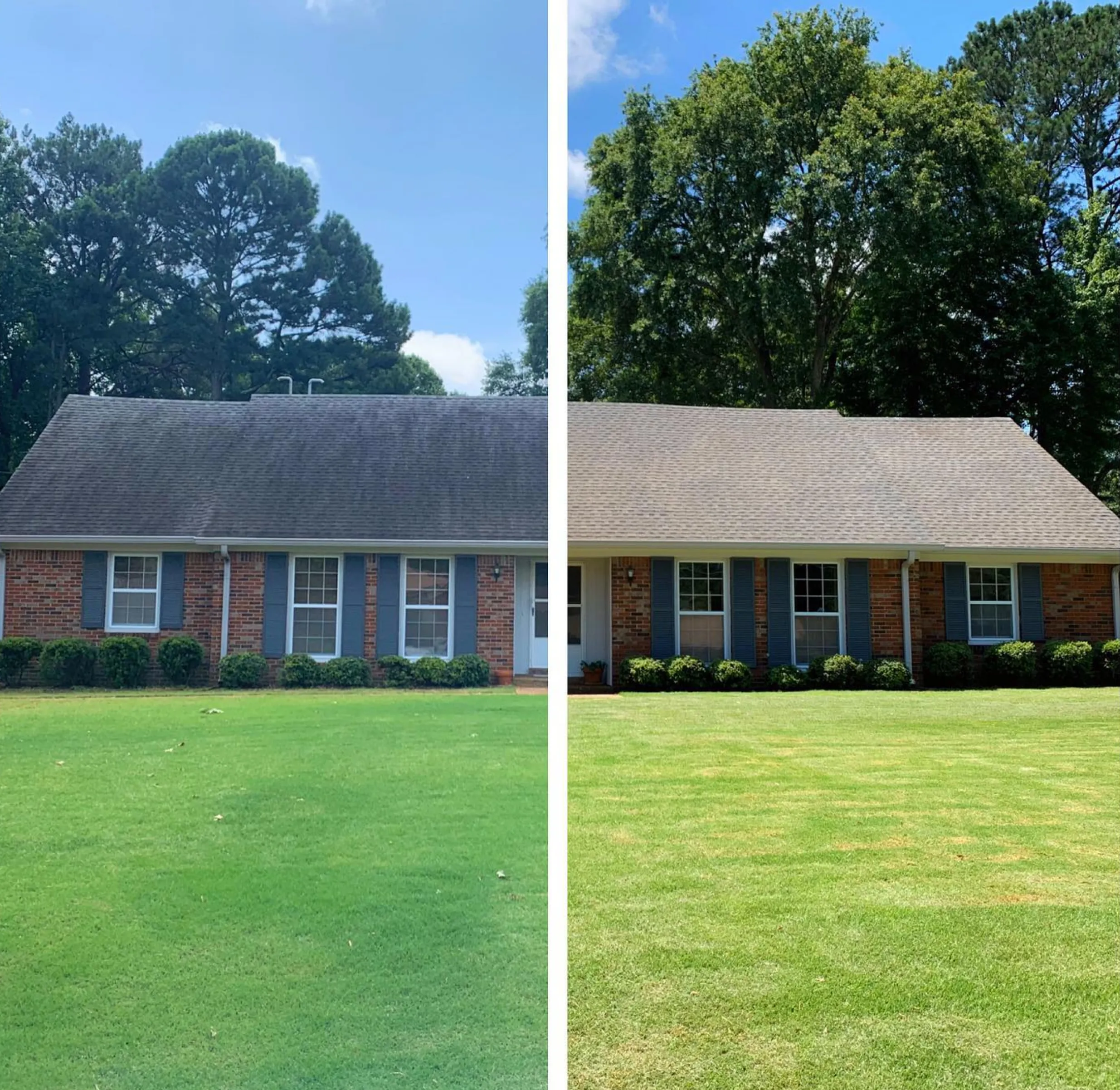
- Power Washing: Uses hot water which helps break down grease stains, oil stains and tough dirt. Power washing uses power washers with a heating element to enhance cleaning ability.
- Pressure Washing: Uses cold water, good for general dirt removal but not good for built up dirt, caked on dirt and stubborn grease. Pressure washing machines don’t have a heating element so not suitable for roof cleaning Melbourne.
Surface Suitability
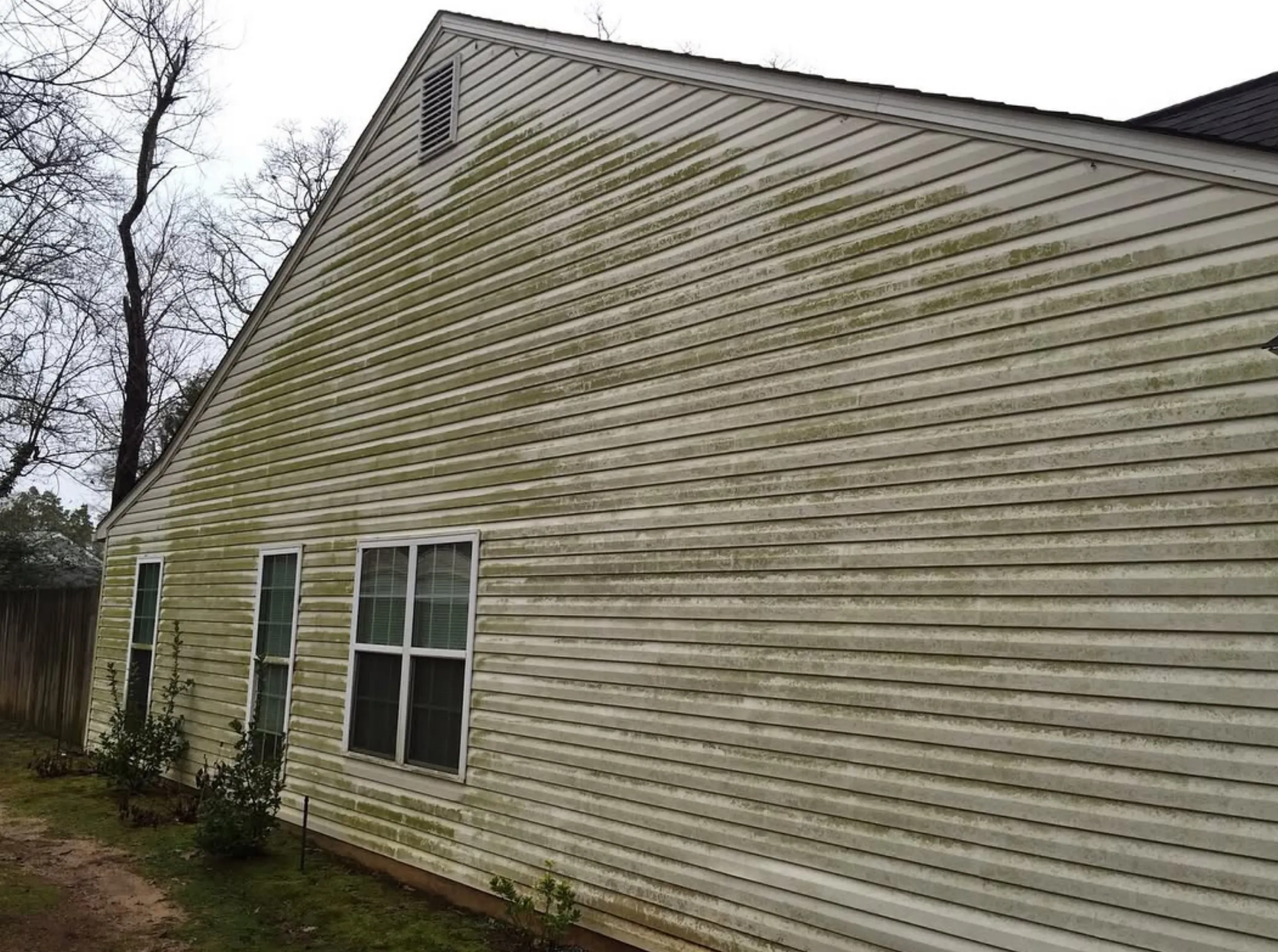
- Power Washing: For tough surfaces like concrete driveways, garage floors, public spaces, restaurant kitchens, industrial kitchen areas. Power washing is used for deep cleaning in commercial spaces.
- Pressure Washing: For softer surfaces like wooden decks, patio furniture, outdoor patio areas, composite materials. Pressure washing is used for residential exterior cleaning, fence washing, vehicle cleaning.
Cleaning Power and Effectiveness
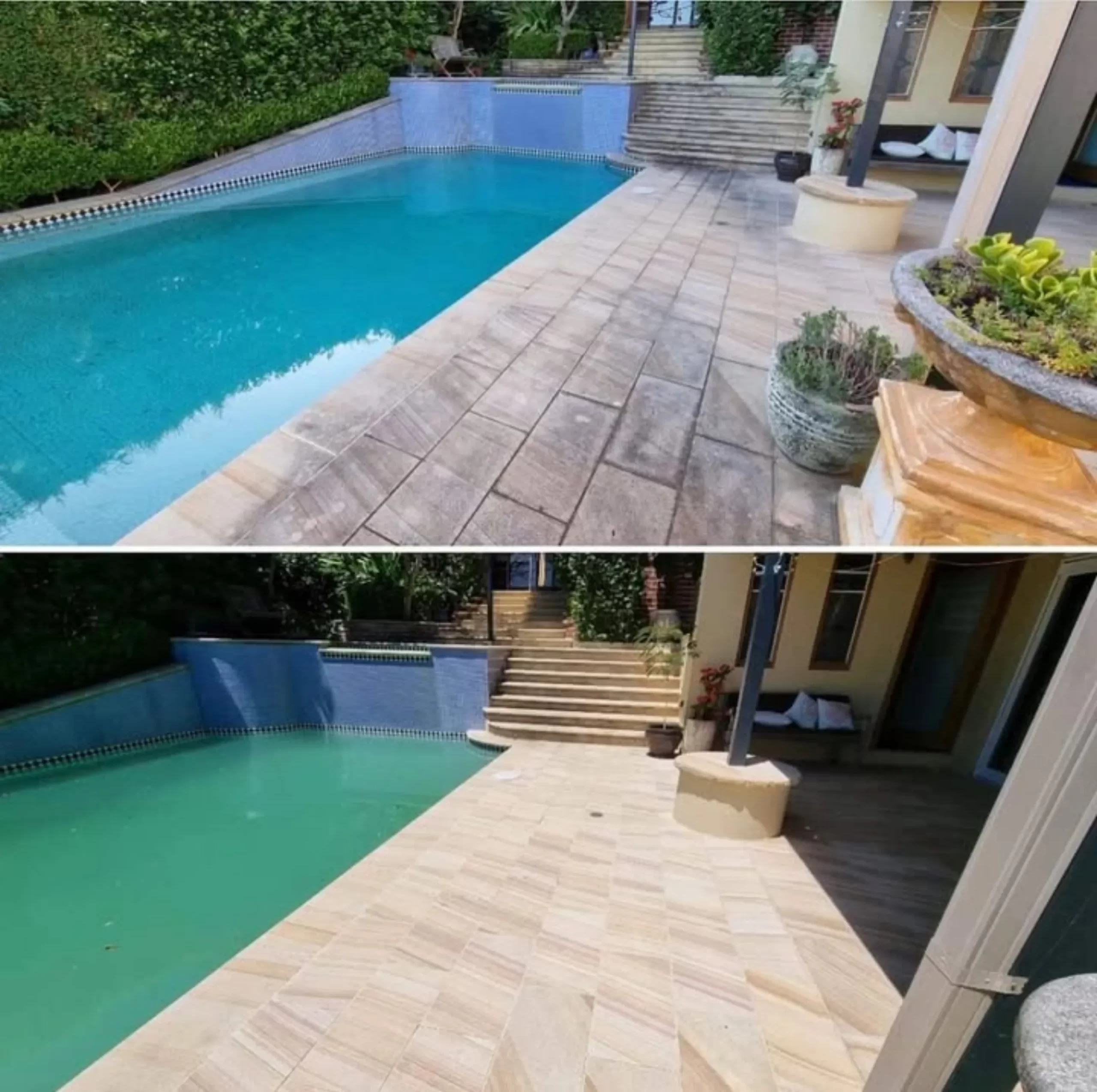
- Power Washing: More powerful with water pressure and heat, perfect for removing bacteria, algae, mildew. Highly effective for industrial cleaning and Professional cement cleaning service. Power washing machines are used for concrete driveways and heavily soiled areas.
- Pressure Washing: Good for general dirt and grime but may need an add-on cleaning solution for tough stains. Used for DIY pressure washing for regular household maintenance. Many homeowners use electric pressure washers for basic exterior cleaning tasks.
Equipment Differences
- Power Washing Machines: Has a heating element to produce hot water for deep cleaning and washing vs. pressure washing. Power washers are used in industrial settings for surfaces with heavy grease buildup.
- Pressure Washers: No heating element; only a high pressure cleaning jet or high pressure water spray to clean exterior surfaces. Available as gas pressure washers or battery powered pressure washers for different cleaning projects.
When to Use
Pressure Washing:
Grease stains and oil stains on concrete driveways.
Heavily soiled commercial buildings and industrial areas.
Mold, mildew and bacteria from cleaning surfaces.
Pre-paint and pre-seal surfaces.
Farm equipment, industrial equipment and machinery in industrial areas.
Tough stains from public spaces like sidewalks and parking lots.
Aged stains, stubborn grease and dust buildup in commercial kitchens.
Pressure Washing:
Wooden decks, patio furniture and other soft surfaces.
Outdoor furniture and delicate surfaces.
Remove loose paint before painting exterior surfaces.
House siding and sensitive materials.
Cars, boats with metal bodies, other vehicles with water pressure.
Outdoor surfaces like fences, brick walls and stone pathways.
Removing algae and mildew buildup from pool decks and outdoor patios.
Safety Considerations
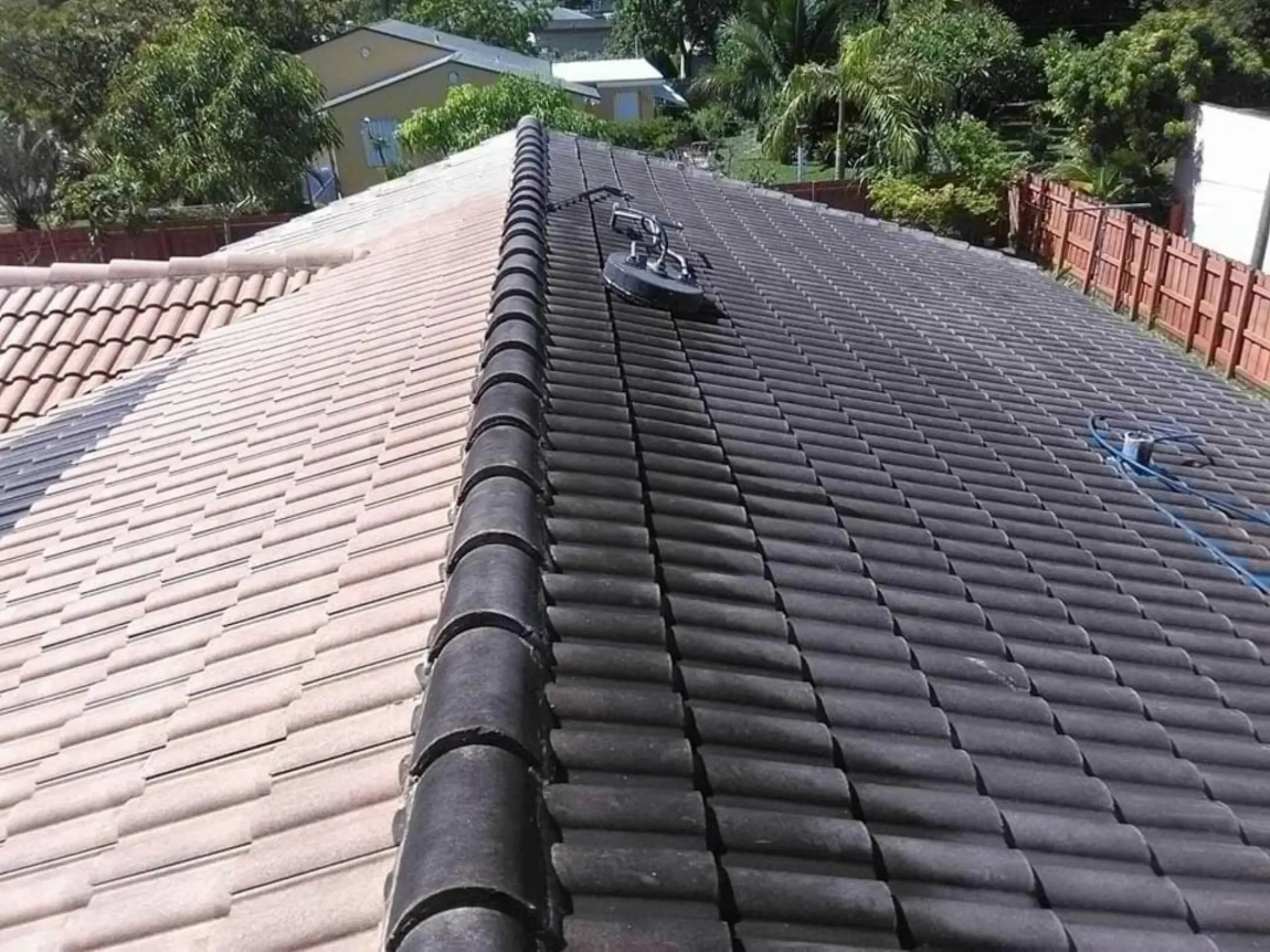
Both power washing and pressure washing use pressurized water, which can cause damage to surfaces or injury if not used correctly. Here are some safety tips:
- Wear proper safety equipment (gloves, goggles, and sturdy shoes) when handling gas pressure washers or electric pressure washers.
- Avoid pointing the washer at people, pets, or fragile outdoor materials.
- Use the appropriate PSI setting for different materials and types of surfaces.
- Be cautious when using power washers on painted or aged stains, as heat damage can occur.
- Avoid damaging surfaces by choosing the right nozzle sprays, such as a 0° red-tipped jet nozzle for stubborn stains or a 40° white-tipped nozzle for cleaning softer materials.
- Be mindful of the environmental impact by minimizing water waste and runoff into nearby water supplies.
Conclusion
Both power washing and pressure washing use pressurized water so be careful. Here are some safety tips:
- Wear safety gear (gloves, goggles, and sturdy shoes) when using gas power washers or electric power washers.
- Don’t point the washer at people, pets or fragile outdoor stuff.
- Use the right PSI for different materials and surfaces.
- Be careful when using power washers on painted or old stains as heat damage can occur.
- Don’t damage surfaces by using the right nozzle sprays, such as a 0° red-tipped jet nozzle for tough stains or a 40° white-tipped nozzle for softer materials.
- Be mindful of the environment by minimizing water waste and runoff into waterways.
Conclusion
Power washing and pressure washing do the same thing but the main difference is heated water. Power washing is for deep cleaning and tough stains, pressure washing is for maintenance and softer surfaces. Choose the right one to get the best cleaning and protect your property from damage.
Power washing and pressure washing both have their pros and cons and understanding the difference will help homeowners and business owners make the right choice for their cleaning needs. Whether you need heavy duty cleaning for an industrial setting or basic maintenance for your home’s exterior, choosing the right method is key to getting the best results.
FAQ
Power washing or pressure washing?
It depends on the project. Power washing is for tough stains, tough dirt and industrial cleaning, pressure washing is for maintenance and softer surfaces.
Can I use a power washer on my wooden deck?
No, power washing can damage wood. Use a pressure washer on a lower pressure setting instead.
Does power washing remove mold?
Yes, the heated water in power washing kills mold, mildew and bacteria, perfect for Bright Exterior Cleaning.
Is power washing more expensive than pressure washing?
Yes, because power washing equipment has a heating element and is more effective for deep cleaning and dirt buildup removal.
Can I rent a power washer or pressure washer?
Yes, both can be rented from hardware stores but professional power washing and professional pressure cleaning service can get the job done safely and effectively with the right techniques and cleaning solutions.